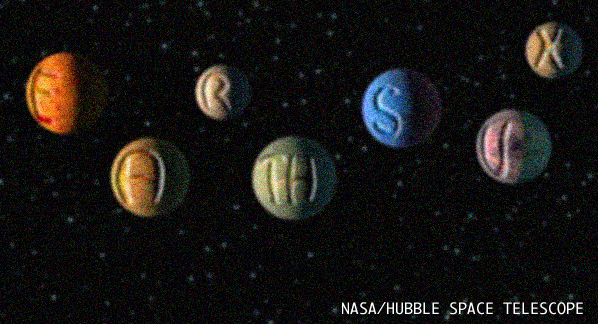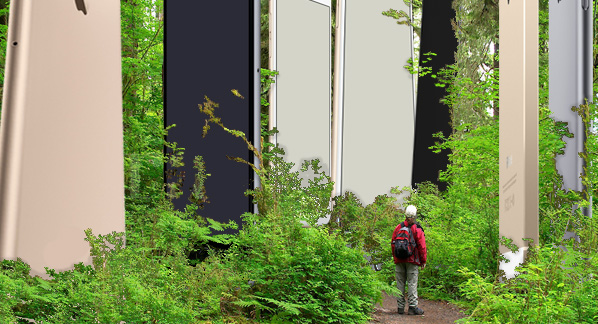Sheep-Like Inhabitants Would Prefer Similar Styles in Music, TV, Cars
Berkeley, Calif. (SatireWire.com) – News that a U.S. company has cloned a human embryo has sent shock waves through the bioethical community, which warns that a world populated by clones would be totally unrecognizable to us – a macabre, doppleganger environment in which like-minded inhabitants shop at cookie-cutter “chain” stores, apishly watch television shows patterned after the same theme, and even run their computers with the same operating system.
 |
“We must oppose embryo cloning because eventually it will lead to a world of full-grown human clones, a vastly different place where the inhabitants behave like sheep,” said Francis Curmud, chairman of the bioethics department at the University of California. For instance, Curmud explained, a company might open a fast-food restaurant in California, then open thousands of other restaurants exactly like it around the world, “and even if the food were horrible, the clone people would go there without giving it much thought.”
“You could even, theoretically, have most of the world’s computers running the same software, perhaps even made by the same company, and everyone would think that was normal,” he added darkly.
While it may seem like something out of science fiction, many insist clones would be naturally predisposed to such similitude, and caution that cloneish behavior would be evident in every facet of life. In finance, people would obtain credit cards, not because they really needed them, but because everyone else had them. In the media, television stations thousands of miles apart would hire fungible newscasters who looked and acted the same. Even the arts would be homogenized, lamented Jive Records President Barry Weiss.
“Let’s say Band A has five young men who sing and dance,” said Weiss. “Well, in the clone world, Band B would be created to look and sound exactly the same, and instead of being appalled or put off, clone consumers would actually buy up the music of both bands as if they were somehow different.”
 |
One of the most chilling examples of the clone lifestyle, however, would be in the more mundane world of residential housing, where buyers would consent to live in what architectural theorists have chillingly labeled “subdivisions.”
In subdivisions, builders would make homes that all looked alike, and they would place them next to each other in such a way that one street would be indistinguishable from the next, said David Wanamung, an architectural futurist at Washington University in St. Louis.
These subdivisions would be located in what Wanamung termed “suburbs” – vast expanses of land that would also feature “chain” stores. These homogenous, often massive marketplaces would offer clones the same coffee or toys or electronics from Boston to Boise to Baton Rouge. And these stores, he theorized, would probably be grouped together along glaringly ugly commercial corridors, or clumped into mammoth cubes called “malls.”
“You could, quite literally, be driving on the outskirts of Houston and not know if you were actually in Atlanta or Minneapolis,” said Wanamung. “I don’t think that’s a world I would want to live in, if you called it ‘living’ at all.”
Even the most tenacious alarmists concede that cloning a human embryo is a far cry from populating an entire planet with clones, but until Congress acts to halt such research, they say they will refuse to back down from their worst-case worldview.
“All of this may seem frightening, but we have to understand how bizarre and alien a clone-led world would be,” said Louise Permeseus, acting director of Manhattan-based Clone Watch. “In their blind quest for duplication, it is possible they might even vote for a President of the United States, not because he was highly qualified, but simply because he had a name identical to a previous president.”
Copyright © 1999-2009, SatireWire.




